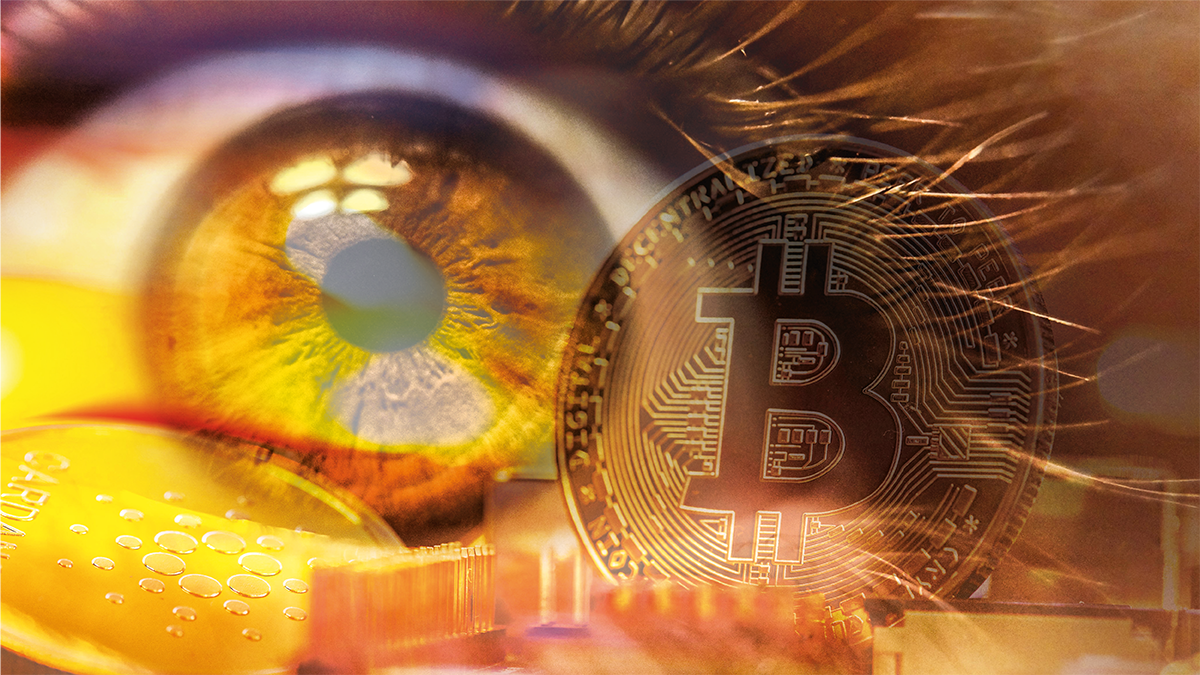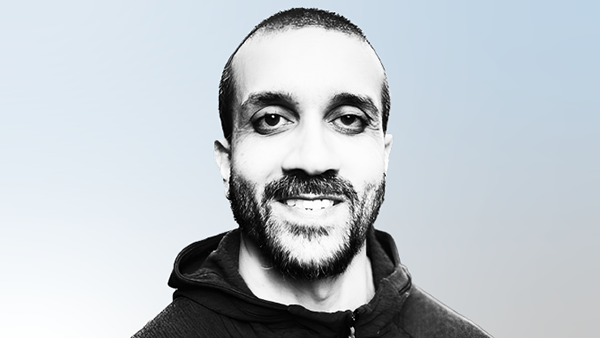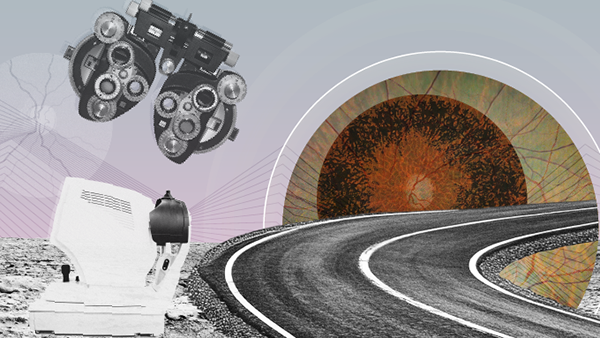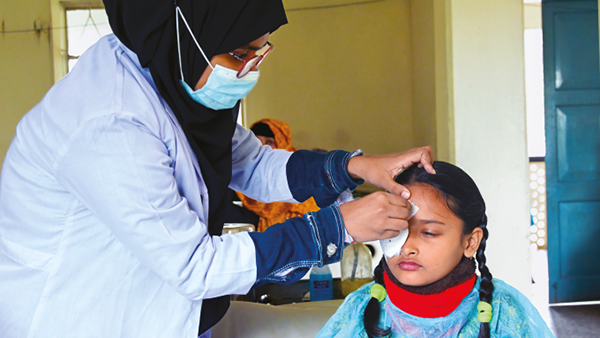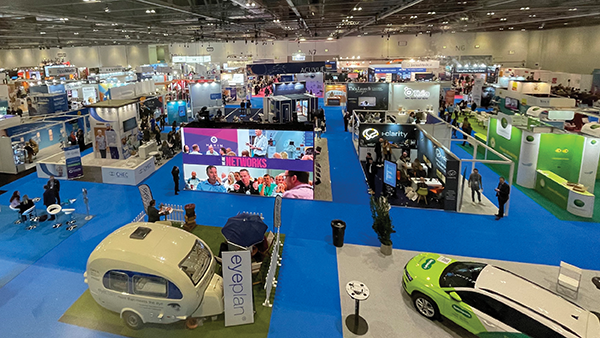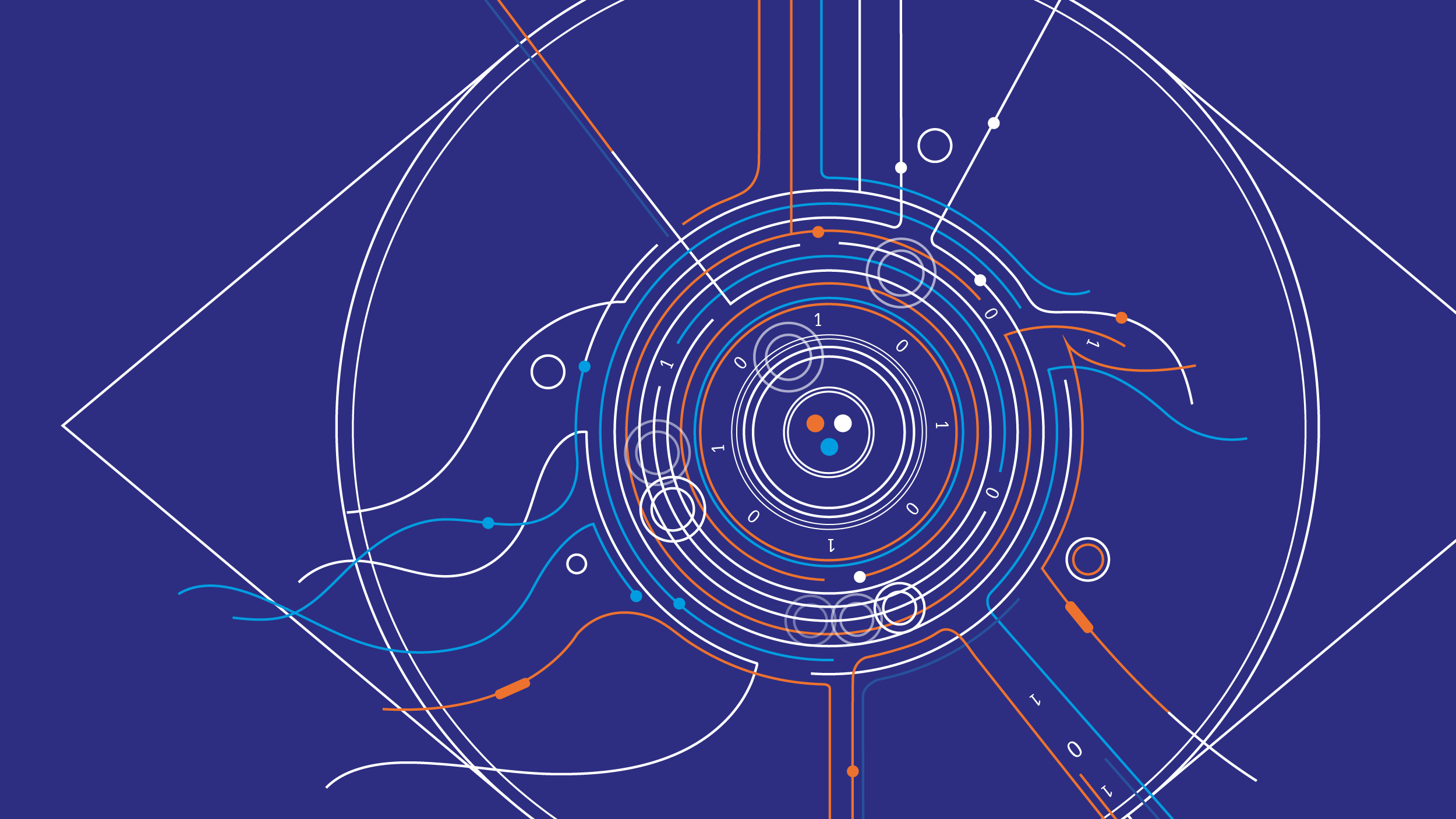You are viewing 1 of your 3 articles before login/registration is required
The Proof Is in the Eyes
According to Worldcoin, scanning your iris is the ticket for proving you’re human. But is there more to it than meets the eye?
From the publication of Ars generalis ultima (The Ultimate General Art) in 1308 by Catalan poet and theologian Ramon Llull (which described his method of using paper-based mechanical means to devise new knowledge from combinations of concepts) to the coining of “Artificial Intelligence” (AI) as a term in a 1955 proposal by John McCarthy, Marvin Minsky, Nathaniel Rochester, and Claude Shannon – the arrival of AI has been long expected. But now, as we witness the increasing capabilities of AI tools, questions and concerns about the risks that may come with such advances arise. One key question: how can we verify that we are indeed human? Though that question likely brings CAPTCHAs to mind, according to Worldcoin, the answer – similar to how we can determine real from artificially generated photographs of human faces – may actually lie within our eyes.
Founded in 2019 by OpenAI CEO Sam Altman, Worldcoin is an iris biometric cryptocurrency project that, according to their website, is “an open-source protocol, or system, created to give everyone access to the global economy.” Put simply, the project works like this: an individual obtains their World ID – a privacy-preserving digital identity – by “verifying their uniqueness” at an Orb – one of their iris imaging devices. With this World ID and their app, users can obtain Worldcoin tokens (WLD) (as long as they live in a place where they are available) – their bespoke cryptocurrency. Essentially scan your eyes and earn money.
Looking further afield, Worldcoin say that they want to provide a universal basic income (UBI) to every human on the planet – this is, apparently, in response to the labor upheaval that will be caused by the increased incorporation of AI within the workplace. To do that, they’ll need everyone’s eye data. But why the eyes? As stated in one of their blogs, the high complexity and unpredictability of irises, which make each person’s irises unique, and the fact that they don’t contain personal information, like DNA does, makes the iris the perfect target for Worldcoin’s biometric needs.
To date, over two million people have obtained World IDs and you may be thinking of getting next in line. But is connecting your eyes to your finances really the best idea? For one, there have been teething issues. When they first started to scan people’s eyes, the Orb particularly struggled to scan the eyes of Asian people due to the lack of diversity in the data that the system was trained on, a problem similarly observed in ophthalmology. Elsewhere, there have been reports of deceptive practices being used to get people to sign up, including using terms of services not in an individual’s native language or enticing individuals with electronic ‘gifts’ without telling them what exactly they were scanning their eyeballs for. More worrying are the questions of privacy. This year, hackers stole the login credentials of Worldcoin operators, enabling them to view internal information. Other reports state that some individuals in Cambodia and Kenya are selling their iris data on the black market for as low as US$30 to those hoping that the associated WLD would increase in value. In a future where Worldcoin were to become the global arbiter of UBI, what does one do when your eye data is no longer under your control? Unlike closing down a bank account, getting new eyes is not an option. And if one’s eyes are the key to one’s finances, would they become targets of attacks by nefarious actors? All of this is without even considering changes to the iris that can occur as a result of ocular disease or even cataract surgery…
With just a little thought, it’s not hard to see Worldcoin through a dystopian lens. But the future of this project is unknown – perhaps it will bring benefits both predicted and unforeseen. And who knows – maybe if our money becomes linked to our eyes, people will try harder to look after them…
The New Optometrist Newsletter
Permission Statement
By opting-in, you agree to receive email communications from The New Optometrist. You will stay up-to-date with optometry content, news, events and sponsors information.
You can view our privacy policy here
Most Popular
Sign up to The New Optometrist Updates
Permission Statement
By opting-in, you agree to receive email communications from The New Optometrist. You will stay up-to-date with optometry content, news, events and sponsors information.
You can view our privacy policy here
Sign up to The New Optometrist Updates
Permission Statement
By opting-in, you agree to receive email communications from The New Optometrist. You will stay up-to-date with optometry content, news, events and sponsors information.
You can view our privacy policy here
